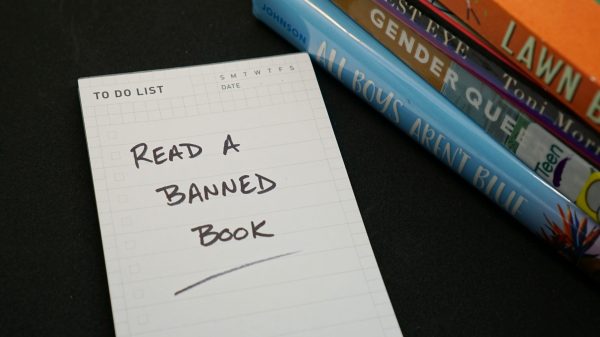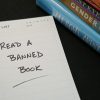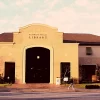|
Getting your Trinity Audio player ready...
|
For two consecutive years, the American Library Association has witnessed a troubling increase in book challenges and bans across the country. Alabama, in particular, stands as a notable battleground in this growing conflict over literature and free speech.
At the heart of this issue in Alabama lies a paradox. While book removal efforts are often spearheaded by a vocal minority, their influence is disproportionately magnified by politicians who align with them for political gain. This strategic alliance is less about genuine concern for educational content and more about securing conservative credentials and broadening political careers.
A comprehensive analysis by The Washington Post reveals a startling truth. These challenges are not the product of a mass movement, but rather the efforts of a few individuals. The ALA defines a book challenge as an attempt to restrict or remove materials based on group objections, with a ban occurring when a district removes these materials. The trend in Alabama, and nationwide, shows a focus on books discussing race, sex and gender — indicating a broader cultural conflict over what children should be exposed to in schools and libraries.
PEN America’s findings are alarming: 3,362 instances of individual book bans, affecting 1,557 titles in the 2022-23 school year, a 33 percent increase from the previous year. The Post’s investigation, involving over 150 school districts, unearthed over 1,000 challenges. Notably, the majority of these challenges were filed by just 11 individuals, with one person alone responsible for 92 challenges. These figures paint a clear picture: a tiny fraction of individuals are exerting outsized influence on the literary landscape.
The nature of these challenges is also revealing. Nearly half targeted titles with LGBTQ themes, while books about race and racism constituted the second most challenged category. This reflects a concerning trend towards censoring diverse perspectives and experiences.
In Alabama, organizations like Clean Up Alabama and Moms for Liberty have become prominent voices in this debate. The recent initiative by the Alabama Public Library Service to create a submission form for public book concerns, while not publicly disclosed, is another step in this contentious direction. This, coupled with some lawmakers’ intentions to involve the State Legislature in book banning and defunding non-compliant libraries, signals a worrying escalation.
Historically, censorship in the U.S. has targeted books like “Uncle Tom’s Cabin,” “The Wizard of Oz,” “The Diary of Anne Frank,” and “Harry Potter,” each for different reasons but with a common thread of challenging prevailing norms or ideas. Today, “Tricks” by Ellen Hopkins, “The Bluest Eye” by Toni Morrison, “Looking for Alaska” by John Green, “The Perks of Being a Wallflower” by Stephen Chbosky, and “All Boys Aren’t Blue” by George M. Johnson are among the most frequently banned books.
The crux of the matter in Alabama, and indeed nationwide, is whether legislative actions will reflect the will of the people or the ambitions of a select few. As this debate unfolds, it’s crucial to remember that at stake is not just the content of school libraries, but the very principles of free speech and open access to diverse ideas and perspectives.





















































